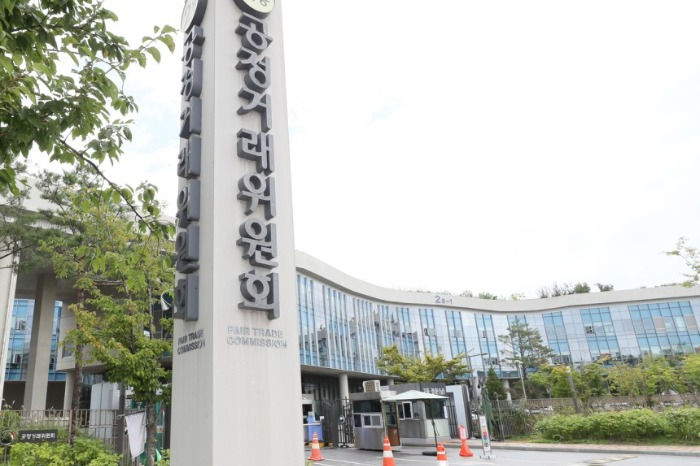S.Korean gov't eases restrictions on Korean investment in overseas startups
It applies to companies where a Korean national holds at least 30% of shares and that were established within 7 years
By Nov 25, 2024 (Gmt+09:00)
LG Chem to sell water filter business to Glenwood PE for $692 million


KT&G eyes overseas M&A after rejecting activist fund's offer


Kyobo Life poised to buy Japan’s SBI Group-owned savings bank


StockX in merger talks with Naver’s online reseller Kream


Meritz backs half of ex-manager’s $210 mn hedge fund



The companies founded by South Korean nationals abroad will be recognized as domestic companies if they contribute to the Korean economy, making it easier for them to receive venture capital investment.
The revision aims to promote investments in companies founded by Koreans overseas, which had previously been excluded from the scope of corporate venture capital (CVC) investments under the Fair Trade Act.
Under the current Fair Trade Act, holding companies are allowed to own CVCs, but they can only invest in foreign companies within 20% of the total assets of the CVC to encourage investment in domestic small and venture businesses.
However, the previous interpretation guidelines categorized companies founded by Koreans abroad as "foreign companies," which placed them in a gray area, restricting investment. This had been a point of concern.
Such companies play a crucial role as a gateway for domestic startups to expand internationally and also contribute to the South Korean economy by operating local offices or research centers in South Korea.
To address this, the FTC has revised the guidelines to exclude companies founded abroad by Koreans from the definition of foreign companies if they meet the Small and Medium Business Start-up Support Act and contribute to the domestic economy.
The new policy will apply to businesses where a Korean national holds more than 30% of the shares and which are founded within seven years.
Companies must also have a business relationship with a domestic entity or employ full-time workers at domestic locations or offices.
Examples of companies likely to benefit include Moloco, an AI advertising solutions company founded in Silicon Valley by a South Korean entrepreneur and now a unicorn, and Noom, a healthcare unicorn company founded by a South Korean in the US.
Write to Sul-Gi Lee at surugi@hankyung.com
-
 RegulationsFTC fines Kakao Mobility $55 mn for alleged unfair taxi-hailing service
RegulationsFTC fines Kakao Mobility $55 mn for alleged unfair taxi-hailing serviceOct 02, 2024 (Gmt+09:00)
4 Min read -
 Cloud computingKFTC acts on Amazon's large share of S.Korea's cloud market
Cloud computingKFTC acts on Amazon's large share of S.Korea's cloud marketDec 29, 2022 (Gmt+09:00)
2 Min read -
 EconomyKorea Fair Trade Commission opens unit to review global M&As
EconomyKorea Fair Trade Commission opens unit to review global M&AsDec 28, 2022 (Gmt+09:00)
1 Min read -
 Tech, Media & TelecomKorea’s FTC to toughen reviews on platform sector M&As
Tech, Media & TelecomKorea’s FTC to toughen reviews on platform sector M&AsOct 21, 2022 (Gmt+09:00)
2 Min read


